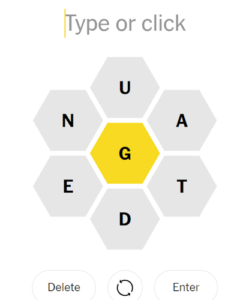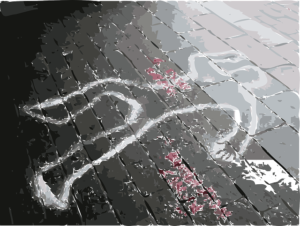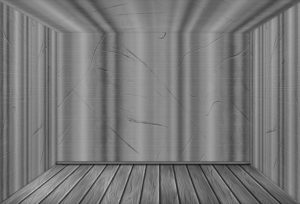
“Handle a book as a bee does a flower, extract its sweetness but do not damage it.” –John Muir
* * *
If you haven’t played the NY Times Spelling Bee game, here’s a brief intro:
The game involves making words out of seven letters. I suppose one reason I’m attracted to it is how the game is presented: Each of the seven letters is inside a hexagon-shaped cell. Six of the cells surround a central one, and it all looks like a honeycomb. Clever, eh?

The idea is to make words (at least four letters in length) using the letters. You can use a letter more than once, but you must use the center letter in every word you make. For example, the word “TAUNT” wouldn’t work in the example above because it doesn’t contain the letter G. “GAUNT” would be a good word.
You get one point for a four-letter word. If the word is longer than four letters, you get a point for each letter in the word. If you use all seven letters in a word, you get the number of points for the word plus another seven. It’s called a pangram. In the example above “UNTAGGED” would be a pangram.
As you rack up points, you move up a scale from Beginner to Genius. If you get to the Genius stage, a screen pops up telling you how wonderful you are. If you continue and get every possible word, you achieve Queen Bee status. (Very hard to do without using hints.)
* * *
My husband and I play this game almost every day while we eat lunch. We figure it takes both our brains to get to Genius. In our experience, we usually move up the scale and get one step short of Genius, but getting that last step is hard. Sometimes we make it and other times we don’t. So why am I telling you all this? What does it have to do with writing?
It’s because of a “boys in the basement” pattern that’s developed.
* * *
If we haven’t reached Genius by the time I finish lunch, I’m ready to move on. I may stay around for a few minutes, but I have other things to do. (My husband, on the other hand, will diligently stare at the letters for much longer, and he sometimes gets us to that last step by himself.)
I leave the table and either clean up a little in the kitchen or retire to my office to invent some new disaster to throw at the characters in my WIP. However, in either case, I’ve put the word game out of my mind, and I’m thinking of the next thing on the schedule.
Lately, I’ve noticed a phenomenon that occurs frequently during these “moving on” sessions: As I’m dealing with another item on my to-do list, a word will pop into my mind. It’s not something I was thinking about or trying to come up with. It just appears.
For example, a while back I had stopped working on the puzzle and was putting dishes in the dishwasher when the word “EJECTABLE” popped into my mind. Now that’s not a word I think of very often. As a matter of fact, I don’t remember ever having heard of it before. I wasn’t even sure it was an actual word. I turned to my husband. “Does ‘ejectable’ work in the puzzle?”
Yep. And it was a pangram.
* * *
The process seems to be that I stare at the letters, make words, and keep trying until I’m convinced I’ve made all the words I can possibly make. I walk away, my brain relaxes, and those little neuron pathways that were blocked by my mental overexertion clear up. Then a word slips through and presents itself in tiny little neon letters.
I’ve noticed the same thing happens when I work on a tough crossword puzzle. I’ll get stuck on a clue and can’t find a solution, so I put the puzzle aside. When I return to it the next day, I immediately think of the word I was looking for. If that had happened once or twice, I wouldn’t be mentioning it now. But it happens often enough that I’m wondering how to consistently apply this to writing.
* * *
Is the same process possible as we pound away at developing our stories? Like so many cells in a honeycomb, the answer we’re looking for may be there, but we can’t seem to dig it out. We have to let it come to us.

So TKZers: Do you play word games? What are your favorites? Have you had a similar experience of ideas popping up only after you start another project? Do you deliberately try to use a shift in focus to get those boys in the basement into the game?


